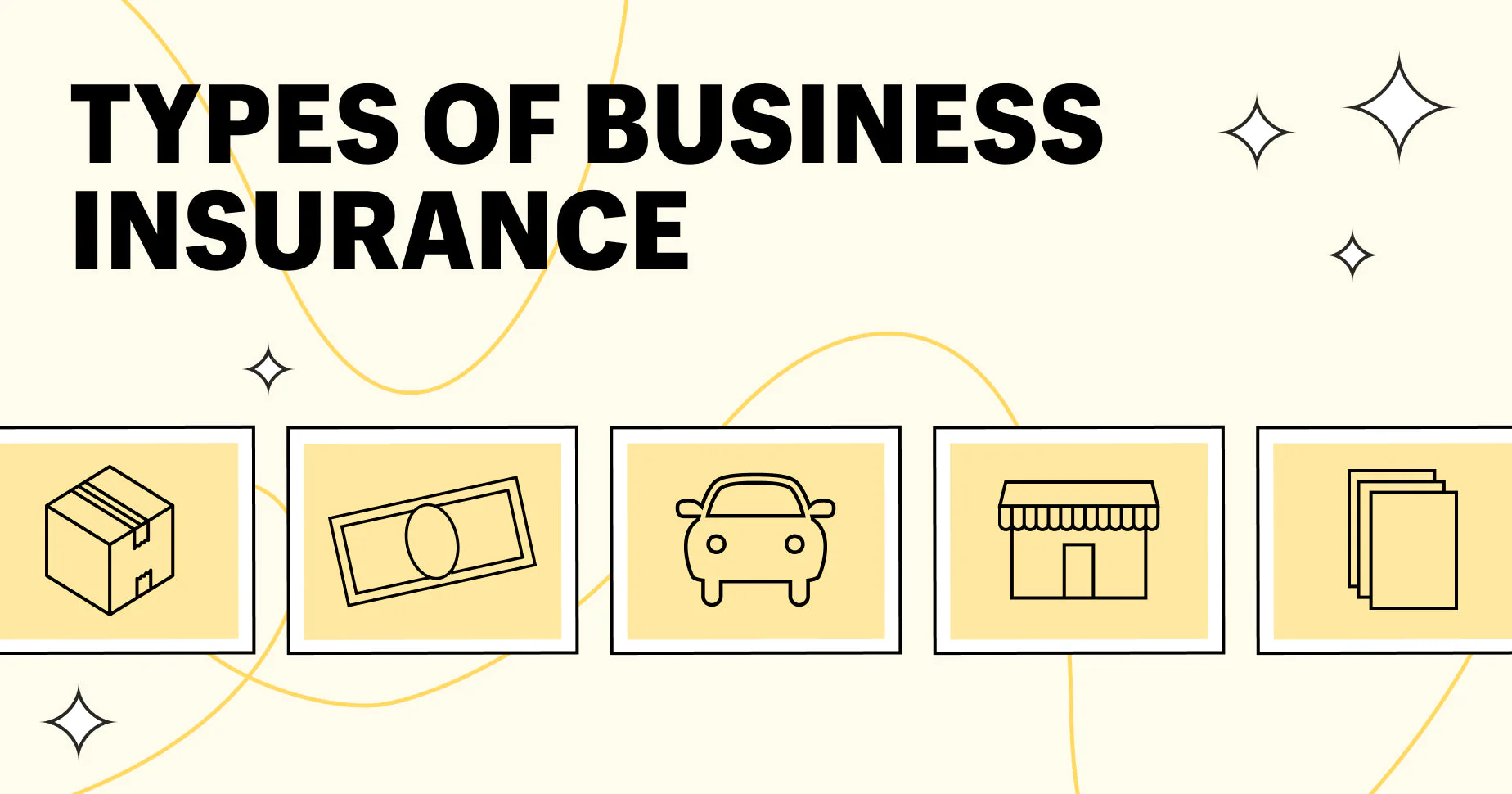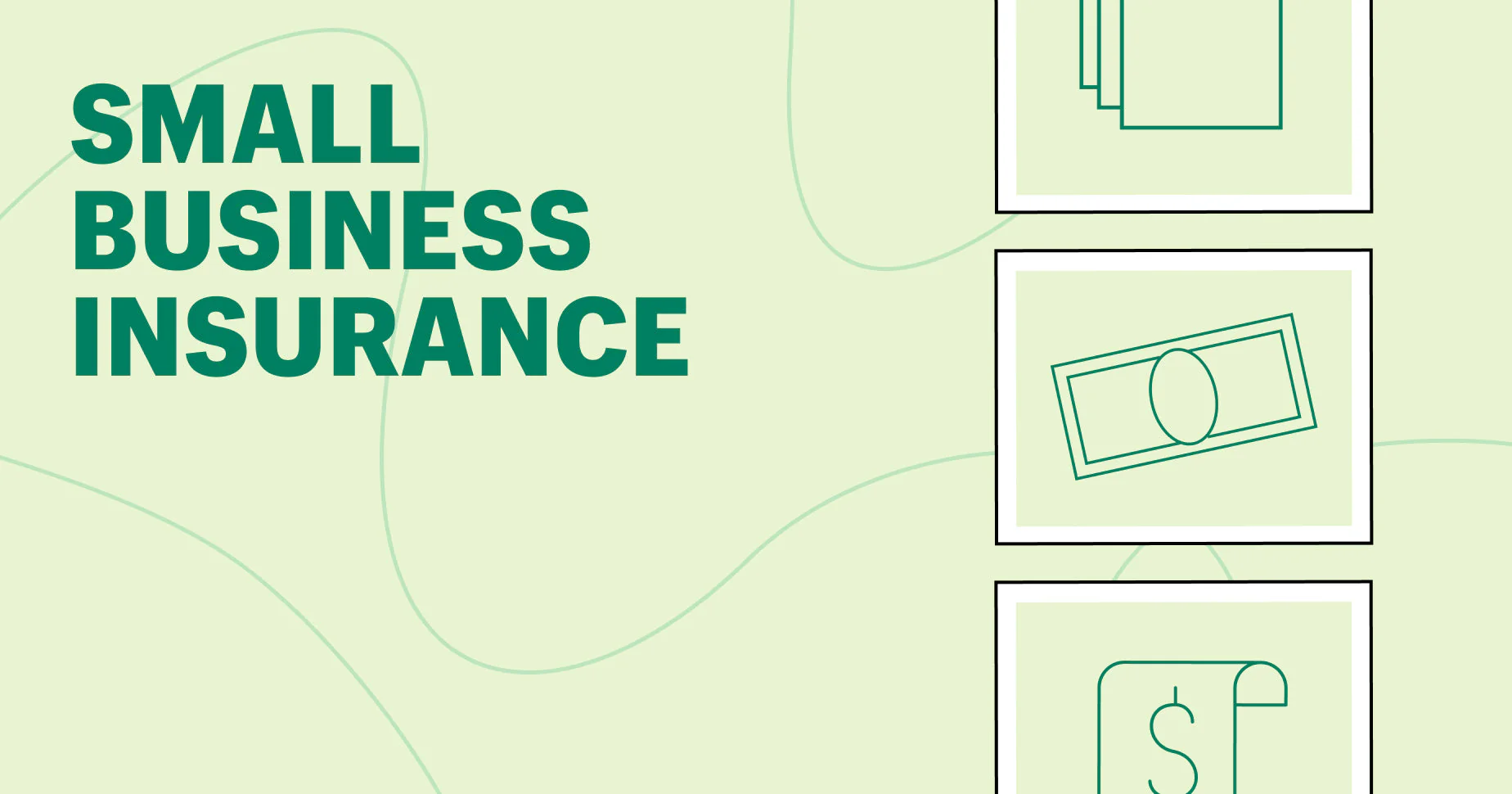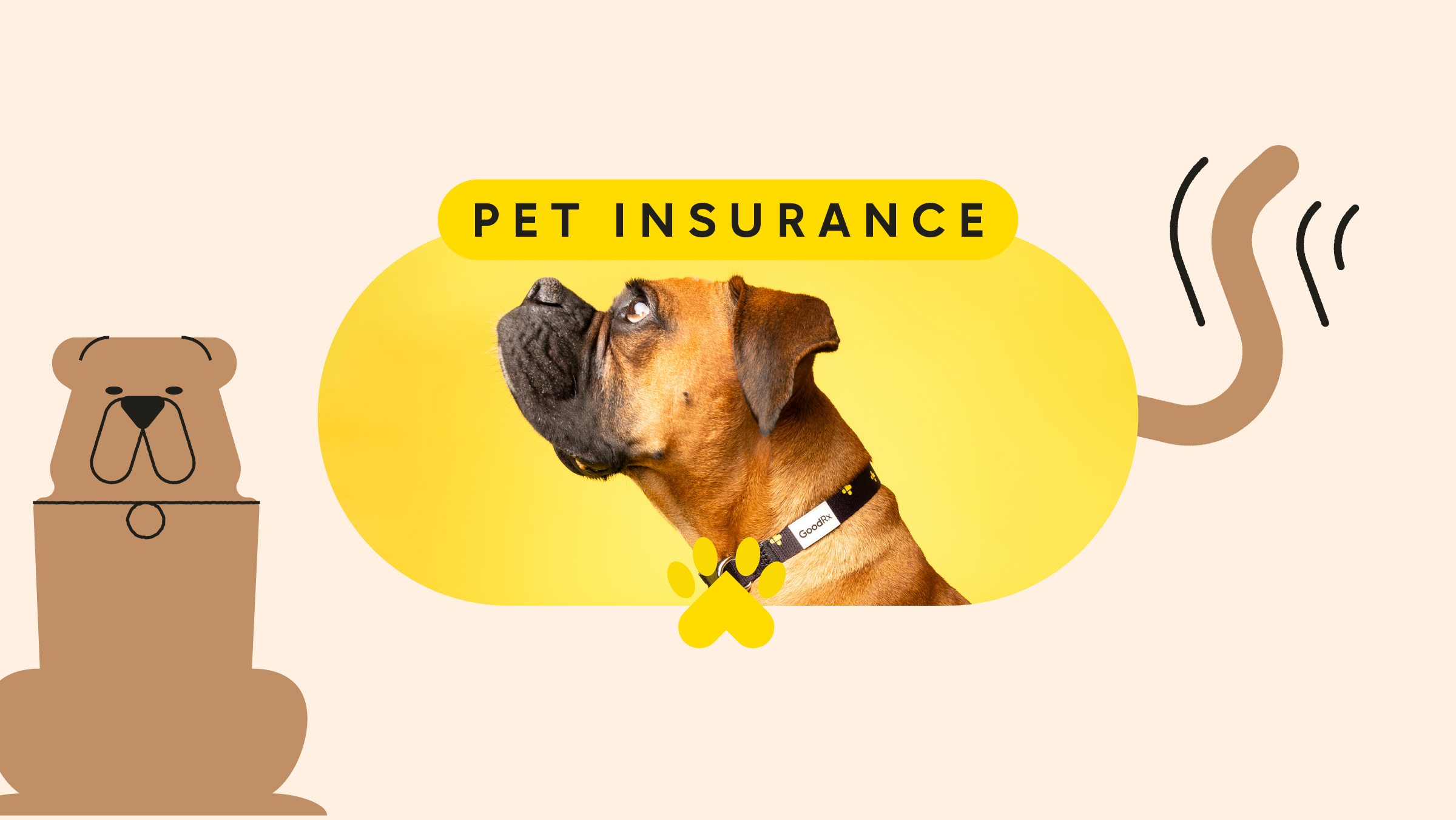Starting and running a small business comes with risks. From property damage to lawsuits to employee injuries, a single unexpected incident can result in devastating financial loss. That’s why having the right business insurance is not just smart—it’s essential. But with so many types of coverage available, how do you know which policies your small business actually needs?
In this comprehensive guide, we’ll explore the various types of business insurance, explain their importance, and help you decide what coverage is best suited to your specific operations.
Why Business Insurance Matters
Business insurance protects your company against financial loss stemming from unexpected events such as lawsuits, theft, natural disasters, and more. It also helps ensure compliance with legal requirements and builds trust with clients, investors, and partners.
Benefits include:
- Legal liability coverage
- Property and equipment protection
- Business interruption compensation
- Coverage for employee-related incidents
Factors That Determine the Insurance Needs of a Small Business
Several elements influence what kind of insurance a small business needs:
- Industry: A construction company has vastly different needs than a marketing firm.
- Location: Businesses in areas prone to floods or earthquakes require additional coverage.
- Number of Employees: More employees mean more exposure to liability and workplace risks.
- Client Contracts: Some clients may require you to carry certain policies.
- Assets and Inventory: Expensive assets increase the need for property insurance.

Essential Types of Business Insurance
1. General Liability Insurance
Why You Need It: This is the foundation of most business insurance policies. It covers legal costs and damages if your business is held liable for injury, property damage, or advertising injury.
What It Covers:
- Bodily injury
- Property damage
- Medical expenses
- Libel, slander, and defamation
Who Needs It: Every business, regardless of size or industry
2. Commercial Property Insurance
Why You Need It: Protects your physical assets like buildings, equipment, and inventory from loss or damage due to events like fire, theft, or natural disasters.
What It Covers:
- Office buildings
- Equipment and tools
- Inventory
- Furniture and fixtures
Who Needs It: Businesses with a physical location or valuable property
3. Business Owner’s Policy (BOP)
Why You Need It: A BOP bundles General Liability and Commercial Property Insurance at a discounted rate.
What It Covers:
- Property damage
- Business interruption
- Legal liability
Who Needs It: Small to medium-sized businesses looking for cost-effective coverage
4. Professional Liability Insurance (Errors and Omissions Insurance)
Why You Need It: Protects against claims of negligence, mistakes, or inadequate work.
What It Covers:
- Legal defense costs
- Settlements or judgments
- Claims of malpractice or professional errors
Who Needs It: Consultants, lawyers, accountants, IT professionals, and service-based businesses
5. Workers’ Compensation Insurance
Why You Need It: Required by law in most states, it provides benefits to employees injured on the job.
What It Covers:
- Medical expenses
- Lost wages
- Rehabilitation costs
- Death benefits
Who Needs It: Any business with employees
6. Commercial Auto Insurance
Why You Need It: Covers vehicles used for business operations.
What It Covers:
- Property damage
- Bodily injury
- Collision and comprehensive damage
Who Needs It: Any business that uses vehicles for deliveries, transportation, or service calls
7. Cyber Liability Insurance
Why You Need It: Protects your business from financial loss due to data breaches, hacking, and other cyber threats.
What It Covers:
- Data recovery
- Legal fees
- Customer notification and credit monitoring
- Ransom payments
Who Needs It: Any business that stores sensitive information online or operates through a digital platform
8. Product Liability Insurance
Why You Need It: Protects against claims related to the manufacture or sale of defective products.
What It Covers:
- Bodily injury
- Property damage
- Legal defense costs
Who Needs It: Manufacturers, wholesalers, and retailers
9. Business Interruption Insurance
Why You Need It: Covers lost income and operational expenses if your business is temporarily closed due to a covered event.
What It Covers:
- Lost revenue
- Rent or mortgage payments
- Employee wages
Who Needs It: Brick-and-mortar businesses and those in disaster-prone areas
10. Employment Practices Liability Insurance (EPLI)
Why You Need It: Covers lawsuits from employees alleging wrongful treatment.
What It Covers:
- Wrongful termination
- Discrimination
- Harassment
- Retaliation
Who Needs It: Businesses with employees
Optional or Specialized Types of Insurance
11. Inland Marine Insurance
Covers tools, equipment, or products in transit.
12. Key Person Insurance
Provides financial support if a crucial employee or owner dies.
13. Directors and Officers (D&O) Insurance
Protects leadership from personal losses due to lawsuits alleging mismanagement.
14. Liquor Liability Insurance
Required if you serve alcohol; covers alcohol-related incidents.
15. Home-Based Business Insurance
Adds extra coverage for those running businesses from home, as homeowners insurance typically excludes business-related claims.
How to Choose the Right Coverage for Your Business
1. Assess Your Risks
Consider potential risks associated with your location, industry, and operations.
2. Understand Legal Requirements
Check federal, state, and local regulations. For example, workers’ compensation is legally required in most jurisdictions.
3. Consider Industry Standards
Some industries have standard coverage expectations, especially for client contracts or licensing.
4. Work with a Licensed Insurance Agent
An experienced agent can help tailor a package specific to your needs and budget.
5. Review Annually
As your business grows or changes, your insurance needs may evolve.
Cost of Business Insurance
Premiums vary depending on factors such as:
- Type of coverage
- Industry risk
- Business size and location
- Claims history
Typical Annual Costs:
- General Liability: $400–$1,500
- Commercial Property: $500–$2,000
- BOP: $750–$2,500
- Workers’ Compensation: Varies by payroll size
- Cyber Liability: $500–$5,000
Common Mistakes to Avoid
- Underinsuring: Getting minimal coverage to save money can be risky.
- Ignoring Exclusions: Know what’s not covered to avoid surprises.
- Failing to Update Policies: Business changes should be reflected in your insurance.
- Overlapping Coverage: Make sure policies don’t duplicate benefits unnecessarily.
Final Thoughts
Protecting your small business with the right insurance isn’t just a legal formality—it’s a strategic investment in your future. By understanding your risks, exploring your coverage options, and working with a licensed professional, you can ensure that your business stays resilient through any challenges that arise.
Choosing the right Business Insurance may seem daunting, but it’s a necessary step to safeguard your hard work, assets, and reputation. Start today by evaluating your needs, comparing quotes, and building a custom insurance portfolio that provides peace of mind and financial security.
If this article was informative also checkout: Term Life vs Whole Life Insurance
also checkout: Click Here



